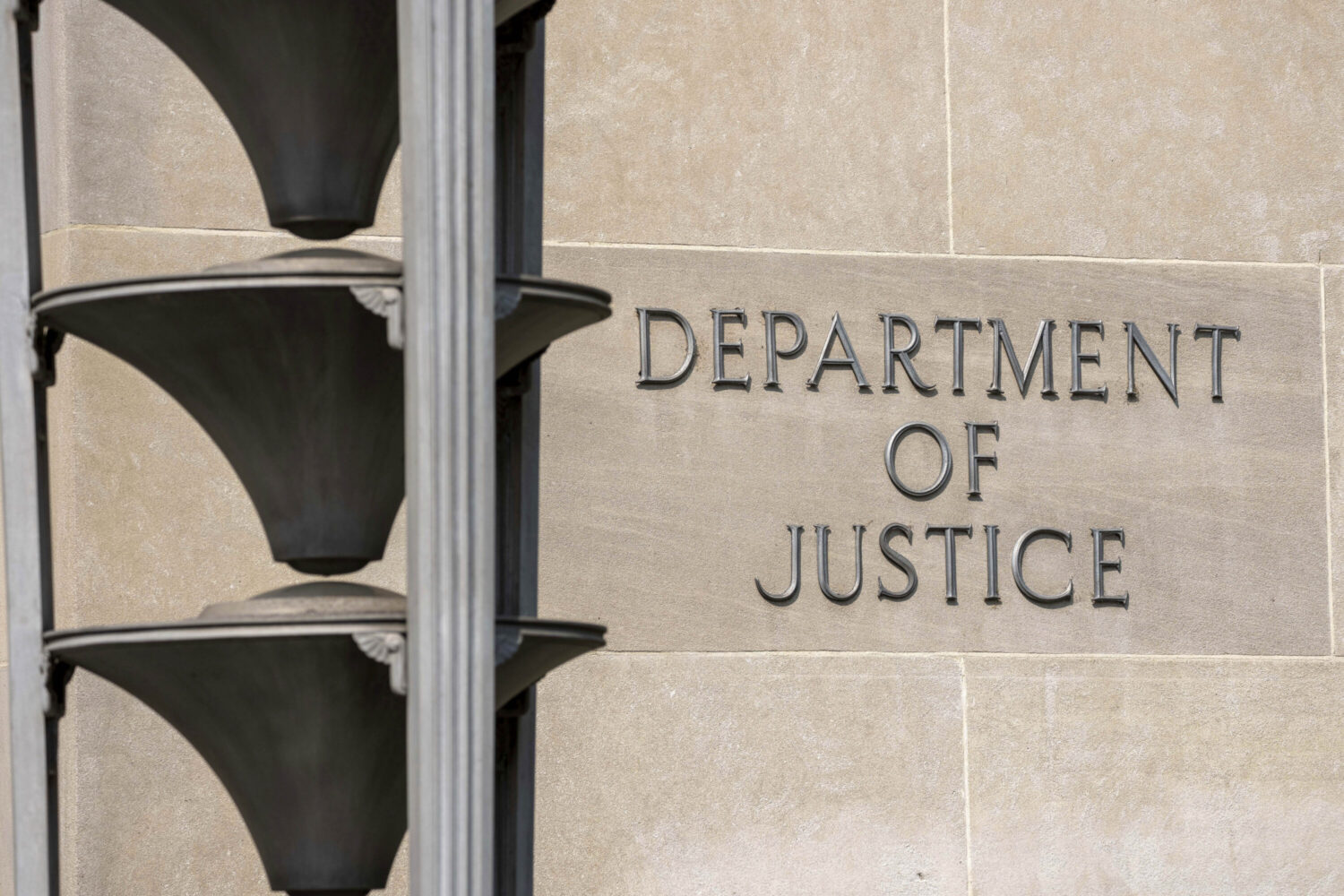Introduction to the Case
The U.S. Department of Justice has announced the arrest of a suspected Chinese spy accused of hacking and stealing medical research related to COVID-19 vaccines and treatment from universities in Texas. This incident occurred during the early stages of the pandemic, highlighting concerns about state-backed espionage and the theft of sensitive information.
The Suspects and Their Alleged Crimes
Xu Zewei, a 33-year-old Chinese national, was arrested in Italy at the request of the U.S. authorities. He is accused of compromising thousands of computers in both the U.S. and Italy, according to a nine-count indictment that was unsealed. Xu’s co-defendant, Zhang Yu, 44, remains at large. The indictment alleges that Xu was hacking and stealing crucial COVID-19 research on behalf of the Chinese government, which was simultaneously withholding information about the virus and its origins.
Universities Targeted by the Alleged Spies
The Justice Department and the FBI have not publicly identified the specific universities that were targeted by the alleged spies. However, a spokesperson for the DOJ confirmed that at least one university is located within the jurisdiction of the U.S. Southern District Court of Texas, which includes major cities like Houston and stretches south to Brownsville. The indictment mentions three unnamed universities and one law firm, with two of the universities being located in the Southern District Court of Texas, one in North Carolina, and the law firm in Washington, D.C.
Implications and Response
The U.S. Attorney for the Southern District of Texas, Nicholas Ganjei, emphasized the significance of the case, stating that the indictment alleges Xu was committing these crimes at the behest of the Chinese government. This case underscores the U.S. commitment to tracking down hackers and bringing them to justice, regardless of the time it takes. The statement "The United States does not forget" highlights the determination to address such crimes.
Conclusion
The arrest of Xu Zewei and the ongoing pursuit of Zhang Yu mark a significant step in the fight against state-backed espionage and the theft of critical research, especially during a global health crisis like the COVID-19 pandemic. This case serves as a reminder of the importance of cybersecurity and the need for vigilance against attempts to compromise sensitive information. As the world becomes increasingly interconnected, instances like these underscore the necessity for international cooperation in combating cybercrime and protecting intellectual property.




